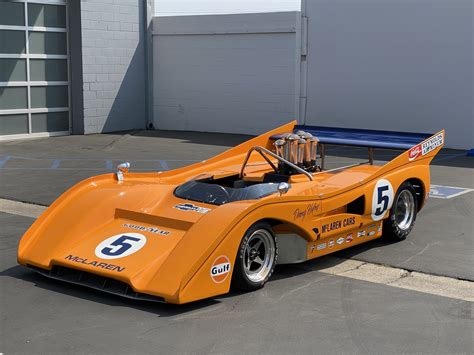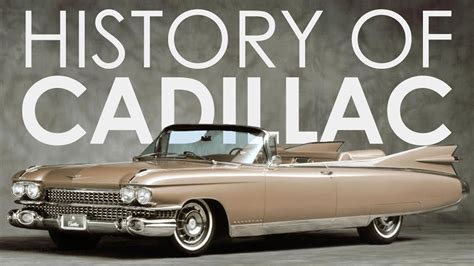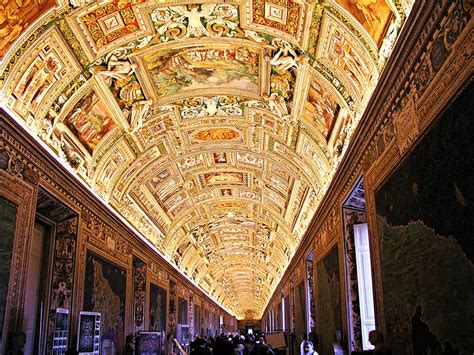Explore the origins and impact of Lexus on the luxury car market, from its development and expansion to recent innovations and future plans.
The Origins of Lexus
Contents
Lexus is a luxury vehicle division of the Japanese automaker Toyota Motor Corporation. The company was founded in 1989 and is headquartered in Nagoya, Japan. However, the origins of Lexus can be traced back to the early 1980s when Toyota embarked on a project code-named F1, which stood for Flagship One.
The goal of the project was to develop a premium luxury vehicle that could compete with the top European luxury car brands in the US market. The project involved extensive research and development, and Toyota even set up a secret design studio in California to work on the project. After several years of development and design, Toyota finally unveiled the first Lexus models in 1989.
The launch of Lexus marked a significant moment in the history of the automotive industry, as it was the first time a Japanese automaker had ventured into the luxury car segment. The brand quickly gained recognition for its high-quality vehicles, innovative technology, and exceptional customer service, setting a new standard for luxury car manufacturers around the world.
Today, Lexus is recognized as one of the top luxury car brands globally, with a reputation for producing reliable, stylish, and high-performance vehicles. From its humble beginnings as a secret project within Toyota, Lexus has grown into a prestigious automotive brand that continues to push the boundaries of innovation and design in the luxury car market.
Development of the First Lexus Models
When Lexus first launched in 1989, it aimed to compete with the luxury car market leaders such as Mercedes-Benz and BMW. The company’s first models, the Lexus LS 400 and the Lexus ES 250, were introduced to the market with great fanfare, offering a combination of luxury, performance, and reliability that set them apart from their competitors.
Lexus placed a strong emphasis on engineering and technology in the development of its first models, striving to create a smooth and comfortable driving experience for its customers. The focus on innovation and meticulous attention to detail quickly elevated the brand’s reputation in the luxury car market.
One of the key features of the first Lexus models was the inclusion of advanced safety and convenience technologies, such as the first-ever pop-up navigation system in a car. This demonstrated the company’s commitment to staying ahead of the competition by introducing cutting-edge features that would become industry standards in the future.
Furthermore, the development of the first Lexus models also prioritized fuel efficiency, incorporating lightweight materials and aerodynamic designs to improve overall performance and reduce environmental impact. This forward-thinking approach to design and engineering solidified Lexus‘ position as a leader in the luxury car market.
Lexus’ Impact on the Luxury Car Market
Lexus has had a significant impact on the luxury car market since its inception in 1989. As the luxury vehicle division of Toyota, Lexus was created to compete with European luxury car manufacturers such as BMW and Mercedes-Benz. The introduction of Lexus disrupted the luxury car market dominated by European brands and paved the way for other Japanese automakers to enter the high-end segment.
With its focus on combining high-quality craftsmanship, advanced technology, and exceptional customer service, Lexus quickly gained a reputation for reliability and luxury. The brand’s emphasis on vehicle refinement and attention to detail set a new standard for the luxury car market and forced competitors to improve their offerings to remain competitive.
One of the key ways Lexus impacted the luxury car market was through its introduction of hybrid technology. The launch of the Lexus RX 400h in 2005 marked the first luxury hybrid SUV, demonstrating the brand’s commitment to environmental sustainability and innovation. This groundbreaking move influenced the entire automotive industry and prompted other luxury car manufacturers to develop their own hybrid models.
In addition to technological innovation, Lexus also revolutionized the luxury car market with its focus on customer experience. The brand’s dedication to exceptional service and attention to customer needs set a benchmark for the industry, forcing other luxury car manufacturers to elevate their customer service standards in order to compete with Lexus.
Lexus continues to leave a lasting impact on the luxury car market with its commitment to innovation, sustainability, and customer satisfaction. As the automotive industry moves towards electric and autonomous vehicles, Lexus is poised to continue influencing the luxury car market with its cutting-edge technologies and forward-looking approach.
Lexus’ Global Expansion
Lexus has not only pioneered in luxury car manufacturing but has also successfully expanded its global reach. The company initially started its operations in Japan and later ventured into the United States, where it gained a strong foothold in the luxury car market. Over the years, Lexus has strategically expanded its presence in various countries across Europe, Asia, and the Middle East, catering to a diverse customer base.
With an aim to capture the attention of affluent customers worldwide, Lexus has made significant investments in establishing sales and distribution channels in emerging markets. This global expansion has not only contributed to the company’s revenue growth but has also reinforced its position as a leading luxury car brand on a global scale.
In addition to establishing a strong presence in key markets, Lexus has also focused on understanding and meeting the unique preferences of customers in different regions. By offering a diverse range of models and incorporating localized marketing strategies, Lexus has been successful in building a strong brand image and customer loyalty worldwide.
The company’s commitment to global expansion has enabled it to compete with other luxury car manufacturers on an international level. As Lexus continues to strengthen its presence in new and existing markets, it is evident that the brand’s influence will continue to grow, making it a force to be reckoned with in the global luxury car industry.
Recent Innovations and Future Plans
Over the years, Lexus has been at the forefront of automotive innovation, constantly pushing boundaries and setting new standards in the luxury car market. In recent years, the company has focused on integrating advanced technology into its vehicles, with a particular emphasis on electrification and autonomous driving features.
One of the most notable recent innovations from Lexus is the introduction of the Lexus Safety System+, a suite of advanced driver-assist technologies designed to enhance safety on the road. This includes features such as Lane Tracing Assist, Road Sign Assist, and Pre-Collision System, all of which work together to provide a safer driving experience for Lexus owners.
In addition to safety features, Lexus has also been investing heavily in hybrid and electric vehicle technology. The company has announced plans to introduce at least 10 new electric models by 2025, as it seeks to expand its lineup of eco-friendly vehicles and reduce its carbon footprint.
Looking towards the future, Lexus is committed to continuing its tradition of innovation and refinement. The company has revealed plans to develop new advanced driver assistance systems and self-driving features, with the goal of eventually achieving full autonomy in its vehicles. This reflects Lexus‘s ambition to stay ahead of the curve and lead the way in the luxury car market.














